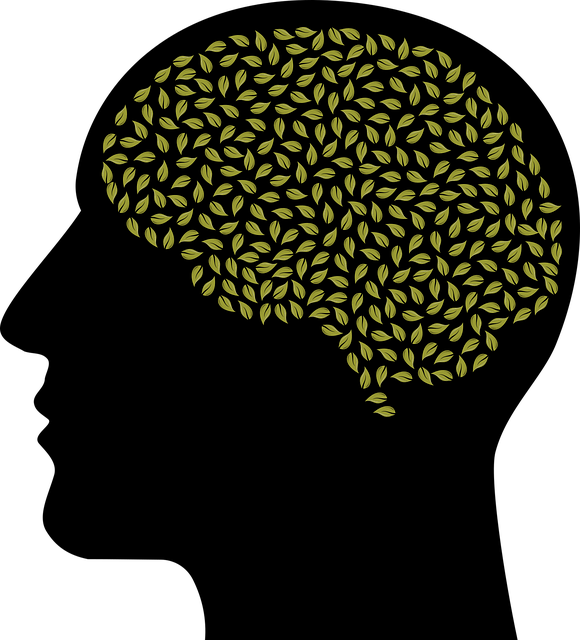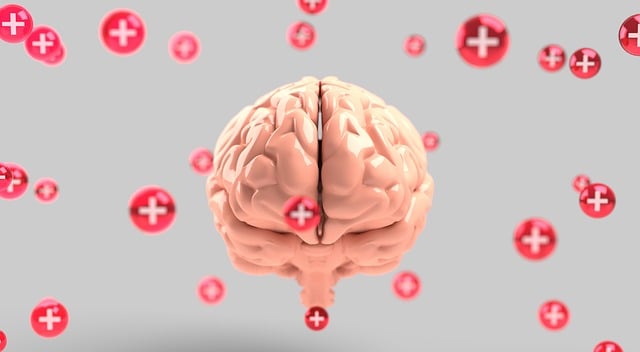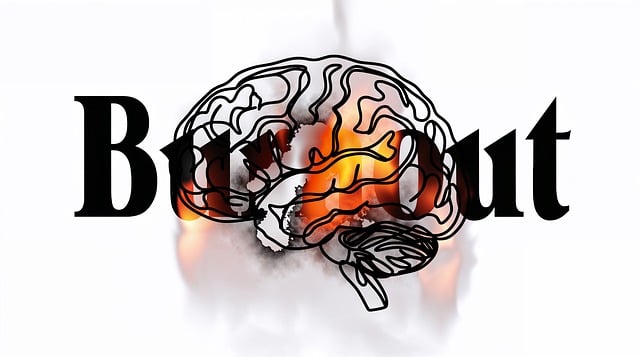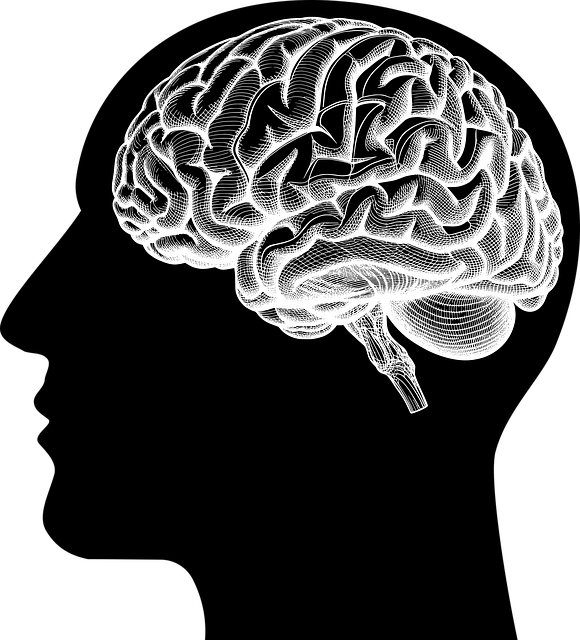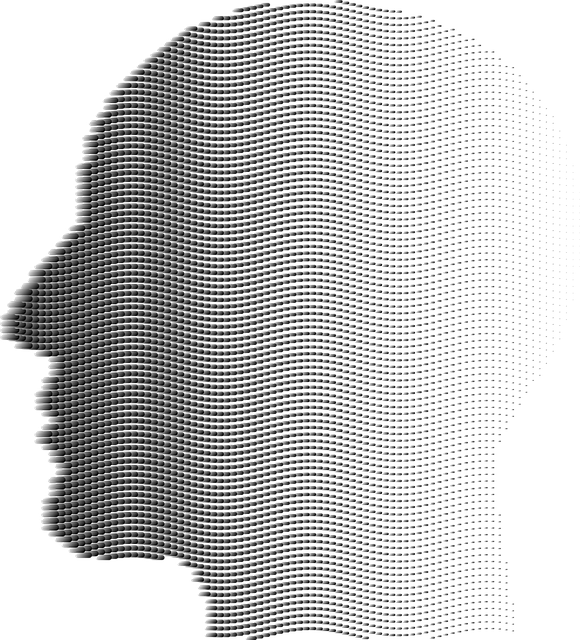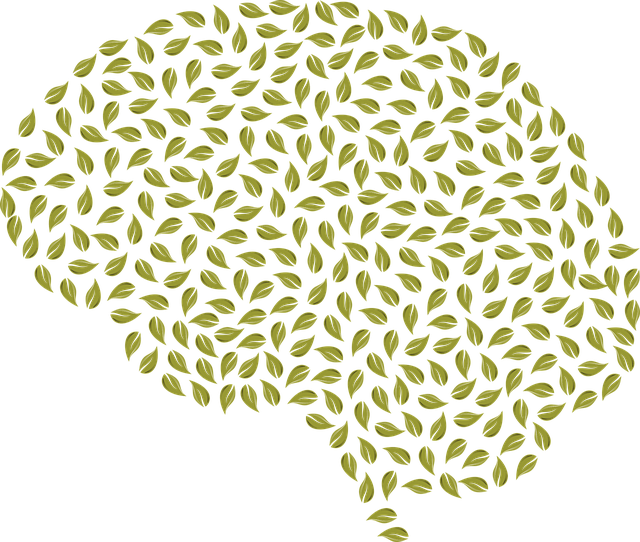Cultural sensitivity is key in mental healthcare for elders, especially those with international adoption histories, as global communities become more interconnected. Mental wellness podcasts offer tailored stress reduction and coping skills development, reaching diverse elderly populations and enhancing accessibility to care. Therapists working with these clients need cross-cultural competence to understand cultural contexts, traditional healing practices, and potential barriers to mental healthcare. By incorporating culturally sensitive education and safe spaces for processing feelings, therapists can prevent depression and promote mental health awareness in this unique population (Therapy for Elders International Adoptions). Community outreach programs further strengthen connections by learning local cultural traditions and encouraging the integration of self-care routines aligned with those practices.
In today’s globalized world, cultural sensitivity is paramount in mental healthcare, especially when serving diverse populations like elders and individuals involved in international adoptions. Understanding cultural nuances can significantly enhance therapy outcomes. This article explores three key aspects: “Understanding Cultural Sensitivity in Mental Healthcare for Elders,” “International Adoptions: Unique Considerations for Therapists,” and “Strategies to Enhance Cross-Cultural Competence in Therapy Practice.” By delving into these topics, we aim to improve care for all patients, regardless of their cultural background or global connections.
- Understanding Cultural Sensitivity in Mental Healthcare for Elders
- International Adoptions: Unique Considerations for Therapists
- Strategies to Enhance Cross-Cultural Competence in Therapy Practice
Understanding Cultural Sensitivity in Mental Healthcare for Elders

Cultural sensitivity is paramount in mental healthcare for elders, especially when considering the unique experiences and needs of those who have experienced international adoptions. As global communities become more interconnected, understanding cultural differences becomes essential to providing effective therapy. Elders, having often lived through significant historical events and migrations, bring a wealth of knowledge and resilience but may also face specific challenges related to trauma, identity, and adjustment.
In the context of international adoptions, mental wellness podcast series production can serve as a powerful tool for reaching and supporting diverse elderly populations. These podcasts can offer valuable stress reduction methods and coping skills development, tailored to address the cultural nuances and specific issues faced by adoptive elders. By incorporating stories and perspectives from various backgrounds, these platforms foster a sense of belonging and understanding, ultimately enhancing mental healthcare accessibility and outcomes for this demographic.
International Adoptions: Unique Considerations for Therapists

When therapists engage with clients from different cultural backgrounds, especially those involved in international adoptions, they encounter unique challenges and opportunities. This dynamic is particularly relevant when working with elderly adoptees who may carry the weight of transgenerational trauma and acculturation issues. Therapists must be attuned to the specific needs of these individuals, recognizing that their experiences are shaped by a complex interplay of cultural, historical, and personal factors.
Understanding the cultural context of international adoption is crucial for effective therapy. It involves delving into the client’s heritage, traditional healing practices, and any potential barriers to seeking mental healthcare within their new country. By incorporating mental health education programs designed with cultural sensitivity in mind, therapists can foster a safe space for adoptees to process their feelings, navigate depression prevention strategies, and promote mental health awareness tailored to their unique experiences.
Strategies to Enhance Cross-Cultural Competence in Therapy Practice

In today’s globalized world, therapists must cultivate cross-cultural competence to provide effective treatment for a diverse range of clients, including those from different ethnic backgrounds and international adoptions. Strategies to enhance this include continuous education on cultural sensitivity, actively listening to and validating clients’ experiences, and adapting therapeutic techniques based on cultural norms. Therapists should also be aware of the impact of acculturation stress on elders and use evidence-based practices like stress reduction methods to support their well-being.
Community outreach program implementation can further strengthen cross-cultural connections by fostering relationships with local communities, especially those with high concentrations of diverse populations. This involves learning about cultural traditions, beliefs, and challenges specific to the community. Additionally, encouraging clients to develop self-care routines tailored to their cultural practices can promote better mental health outcomes.
Cultural sensitivity is paramount in mental healthcare, especially when dealing with elders and international adoptions. By understanding diverse cultural contexts, therapists can provide more tailored and effective treatment. Implementing strategies to enhance cross-cultural competence ensures that therapy benefits a wide range of clients, fostering better mental health outcomes for all. Whether focusing on elder care or navigating international adoptions, these insights are crucial steps toward inclusive and sensitive mental healthcare practices.
